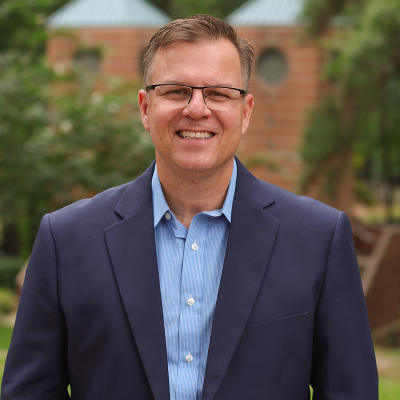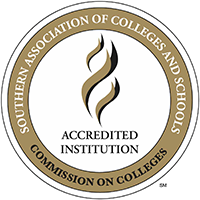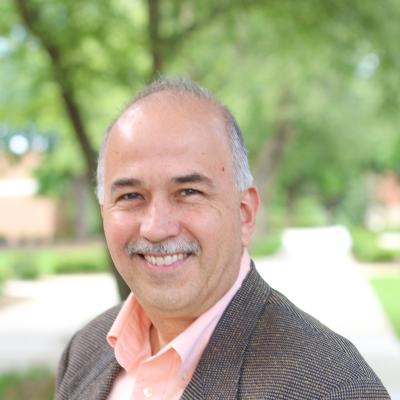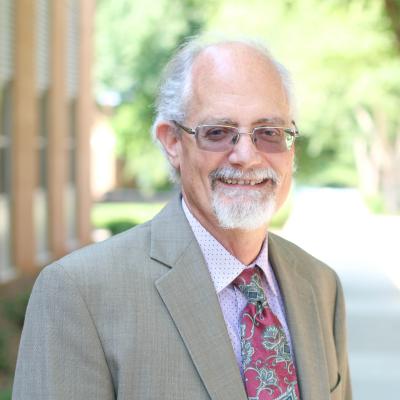Location
On Campus, Online
Curriculum
30 credit hours
Program Length
as few as 10 months
Accreditation
Regionally Accredited by SACSCOC
Communicate Effectively Cross-Culturally — Earn your MA in Intercultural Studies in 10 months
We live in an increasingly diverse, multi-cultural world, and many of our problems often stem from cultural misunderstanding. In the MA in Intercultural Studies, you will gain skills for life, work or ministry in a rapidly changing multi-cultural world. Whether you serve in cross-cultural mission work, urban church planting, the non-profit sector, education, the military or in international business, this program will help you attain cultural intelligence. You will grasp the complexities of culture and develop skills to communicate effectively across cultures all from a gospel-centered, Christian worldview.
We welcome you to join us face-to-face on our beautiful campus in Columbia, South Carolina and complete the program in one academic year. If you can’t move to Columbia, no problem. We’ll bring the program to you in a cutting-edge, interactive online format. Each online course is 8 weeks in length and is designed to work around your schedule. You’ll study in a cohort with other students and be taught by a recognized expert in the field.
You’ll take courses in understanding cultures and worldviews, world religions, biblical theology of mission and have the option of taking specialized electives in subjects like global migration, Islam and the history of global Christianity.
Why Choose Columbia International University for your MA in Intercultural Studies?
CIU started offering what became the MA in Intercultural Studies over 80 years ago. CIU's Intercultural Studies program is known around the world for preparing culturally-aware professionals. Our graduates have worked in over 160 countries. We continue to fine-tune the program by updating and adding new courses each year, adapting to the change and developments in our multi-cultural world.
At CIU, you’ll study with professors who are scholars and seasoned practitioners. Our faculty have served all over the world (Asia, Africa, Latin America, Europe). They’ve served as missionaries, in business, in the military and in education. You’ll study with faculty who have lived and continue to live what they are teaching.
Overall Benefits of MA in Intercultural Studies at CIU
The MA in Intercultural Studies provides training for those working and serving in a rapidly changing, multi-cultural world. Graduates from this program are equipped to work and serve in various spheres including:
- Mission Service: Missionaries in cross-cultural service across the world; mission agency office support personnel; mission mobilizer.
- Urban Ministry: Church planting, youth ministry and other ministries in urban centers in North America and around the world.
- Church Ministry: Mission pastors; ethnic-outreach coordinators.
- Non-Profit Sector: Serve in faith-based and other non-profit entities in multi-cultural contexts.
- Refugee Resettlement: Serve with a refugee resettlement office or ministry.
- Governmental Service: Diplomatic positions in U.S. embassies overseas.
- Military Service: Chaplaincy in various military branches.
- Business Service: Private-sector organizations or transnational corporations, such as marketing and product development.
- Education. For public and private school teachers working in multi-cultural schools in the United States or around the world, this program serves as a great form of ongoing professional development.
- Academic Careers: Ph.D. work leading to careers in college, seminary and university-level teaching, both in the United States and abroad.
Amber Peoples, CIU Alumna, Class of 2018
Featured Faculty

Edward L. Smither
Dean, School of Missions & Intercultural Ministry, Professor of Intercultural Studies and History of Global Christianity
What Will I Study?
- ICS 5830 Biblical Theology of Mission
You will engage in a comprehensive study of the biblical foundation for missions as it relates to the church's missionary obligation before God to the world in both word and deed. Special attention will be given to exposing you to important issues within evangelical missiology today.
3.00 credit hours
- BIB 5830 Biblical Theology of Mission
You will engage in a comprehensive study of the biblical foundation for missions as it relates to the church's missionary obligation before God to the world in both word and deed. Special attention will be given to exposing you to important issues within evangelical missiology today.
3.00 credit hours
- ICS 6024 Understanding Cultures & Worldviews
This course will enable you to understand the worldview assumptions that are foundational to a person's belief systems and behavior patterns. You will analyze the culture and worldview of an ethno-linguistic or socio-economic grouping of people from a biblical worldview perspective. You will also consider elements of biblical contextualization.
3.00 credit hours
- RES 7962 Integrative Research Seminar 3.00 credit hours
- INT 6920 Global Internship
As a capstone experience in your degree, you will spend a minimum of 250 hours in a context of intercultural or Muslim ministry under the supervision of a qualified mentor in the field. Your location, plan for ministry, and field mentor must be approved by your advisor before registration.
3.00 credit hours
- RES 7972 Thesis
Building on an approved thesis proposal, you will research and write on a topic in your field under the guidance of one faculty member who will critique your work as you proceed.
3.00 credit hours
Admission Requirements
- Completed application
- Official transcripts for highest earned degree and any master’s degree work
- Church leader reference
- Application Essay (800 words total, typed)
- Minimum cumulative 2.5 GPA
Accreditation and Accolades

Career Path Opportunities
- Cross-cultural Mission
- Urban Church Planting
- Local Church Ministry
- Non-Profit Work
- Refugee Resettlement
- Governmental Service
- Military Service
- International Business
- Education
- Academic Careers
Top FAQs
- How much does the program cost?
-
Tuition and fees for this 30-credit-hour program run around $17,000. Please check the tuition and fees page for the most up-to-date information. There are certain discounts and benefits given for military status, and to employees and family members of our partner organizations. Our financial aid counselors will help you determine the best way to finance this important investment in your future career earnings. For more detailed information, check our financial aid page and select the option for online students.
- How long does the program take?
-
If you are taking two online classes per 8-week term, you will finish within 10 months. If you take one class per 8-week term, you will finish in 18 months. If you are on campus, you may take 5 courses per semester (Fall and Spring), allowing you to finish in 10 months.
- When can I start?
-
There are six 8-week terms within a calendar year (Fall 1, Fall 2, Spring 1, Spring 2, Summer 1, Summer 2) so you may begin at any of these start dates in August, October, January, March, May or July.
- How do online classes work?
-
When you open the Canvas site, you will see that a week begins on Monday morning and ends on Saturday night at 11:59 p.m. Each week when you open the course, you will have readings, pre-recorded lectures and assignments. Most assignments are due on Wednesday or Saturday night of each week. You will discuss the readings and lectures each week in online forums with your classmates and instructor. Though there are no required class meetings since students are often spread across the world in different time zones, your professor may invite you to a voluntary Zoom meeting. You can also schedule a consultation with your professor over Zoom.
- How much time does a single class take?
-
You should plan on about 15 hours per week for one online class.
- Do I need to come to campus?
-
For online students, there is no requirement to come to campus, but we are always happy to see you for a visit or when you come for graduation.
- What can I do with this program?
-
There are a number of career paths including cross-cultural mission service, urban church planting and ministry, non-profit work, refugee resettlement, government service, education and academic careers.


